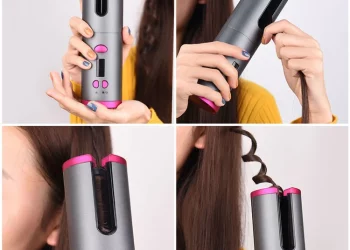We will attempt to answer this very question in the article below. Our qualifications to speak authoritatively on the matter are that we are a licensed pest control company in Melbourne, FL for over 40 years. We have seen it all come and go. We have handled quite literally tens of thousands of pest infestations.
The Skinny
Manufacturers assert that ultrasonic devices have an impact on all of these diverse species, but there is a dearth of rigorous research to back up these assertions.
For instance, a study on the effects of ultrasonic pest repellers on bed bugs discovered that the insects’ behavior did appear to vary a little bit when the devices were in use. However, as compared to not utilizing an ultrasonic pest repeller, there was ultimately no statistically significant difference.
Similar to this, a 2015 University of Arizona study found that despite an increase in the number of patents for ultrasonic pest repellents over time, commercially available ultrasonic pest devices were ineffective at eradicating pest issues.
Even when they do work, the results are very temporary. For instance, the National Wildlife Research Center and the United States Department of Agriculture conducted a research on rodent repellant devices and discovered that after only a few days of exposure, rats stopped reacting to the ultrasonic noises.
Ultrasonic gadgets occasionally do more than just fail to drive away pests. They may even have the unexpected consequence of doing the exact opposite and escalating insect issues. In a study published in the Journal of Vector Ecology, mosquitoes’ response to ultrasonic pest repellents was examined. The devices actually increased the frequency of mosquito bites by 50% when they were turned on.
Technically, certain ultrasonic sounds can affect or influence the behavior of pest species like cockroaches or rats, especially when used in a laboratory in a very specific way. But in a home and garden context, this degree of technology and application is neither easily accessible on the market nor practical.
The majority of research indicates that ultrasonic pest repellents are ineffective for either avoiding or getting rid of pests, while some may have a slight short-term effect on particular pests.
According to the proverb, if it sounds too good to be true, it probably is. These sage advice is relevant to ultrasonic pest repellents.
When you hire a seasoned pest control business, they’ll not only manage your pest problem for you but also provide you with insider advice on how to prevent them from ever being a problem in the first place, like:
Understanding the characteristics of the pest you’re having problems with and making changes to your home and yard to make it repellent to that particular pest.
- repairing window frames, vents, drains, and other home entry points using caulk.
- removing any clutter and food sources near your house that can be luring bugs.
- removing any places in your yard and landscaping where pests could hide and reproduce.
We hope you have found this article useful in your quest to eliminate pests from your home. The bottom line is that there are no short cuts. There is no “set it and forget it” electrical device which will effectively repel all pests.









